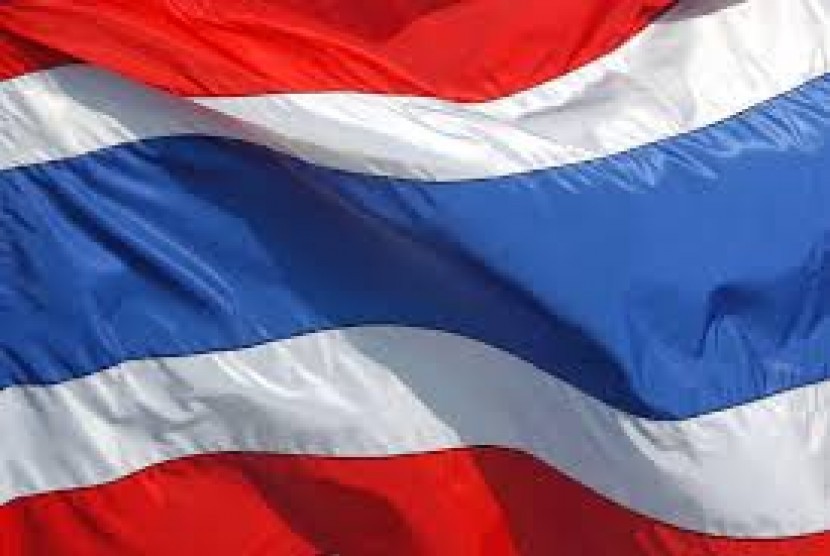REPUBLIKA.CO.ID, BANGKOK -- Deliberations began Monday on a new Thai constitution, which includes clauses to stop parties winning a majority and allows unelected officials to govern, in a bid by the Thai junta to end a near-decade of political turmoil.
However, the charter is widely seen as an assault on the electoral success of the former ruling Shinawatra clan.
Parties led-by or aligned-to Thaksin Shinawatra's billionaire family have won every election since 2001, prompting two coups backed by the royalist establishment and nearly a decade of acrimony that has frequently spilled into violence.
On Monday the junta-appointed National Reform Council (NRC) began a week of discussion on the draft charter, a process which could see the document receive royal endorsement by September.
Thailand's constitution has undergone more than a dozen re-writes since the end of absolute monarchy in 1932.
The leaders of last May's coup say another new charter is needed to soothe Thailand's caustic divides ahead of fresh elections slated for next year.
On Monday, Borwornsak Uwanno, chairman of the Constitution Drafting Committee (CDC), said the new charter "will not allow a majority government which can become a parliamentary dictatorship."
Speaking in the televised debate he denied it was "a blueprint" to end the domination of the Shinawatras, but would instead empower the Thai people at the expense of politicians.
Under the draft, future elections will be decided by a proportional representation system similar to Germany's that will favour smaller parties and coalition governments.
But to avoid legislative paralysis under coalitions, prime ministers will not have to be directly elected by the public.
Lawmakers will also be barred from becoming ministers "so that they can not use that power to unduly influence the government," Borwornsak added, raising the prospect of unelected officials running the government.
Analysts have said the draft is not truly democratic and harks back to an era when a royalist and military elite had a stranglehold on politics.
That grip has been threatened by the rise of the Shinawatras, who draw on the support of the northern portion of the country, which is poorer than the south and historically receives a smaller share of state cash from Bangkok.
Their supporters say the family recognised their changing political and economic aspirations with subsidies for farmers and other pro-poor policies such as virtually free healthcare and micro loans.
But their enemies, principally among the Bangkok elite, military and royalist southerners, have justified army power grabs by saying the family has poisoned Thailand with populist policies, cronyism and lead the poor astray.
The elite's main party, the Democrats, have failed to win a popular vote in nearly 20 years.
The NRC -- which is made of experts, academics and some former politicians -- has 30 days to recommend major amendments to the draft.


